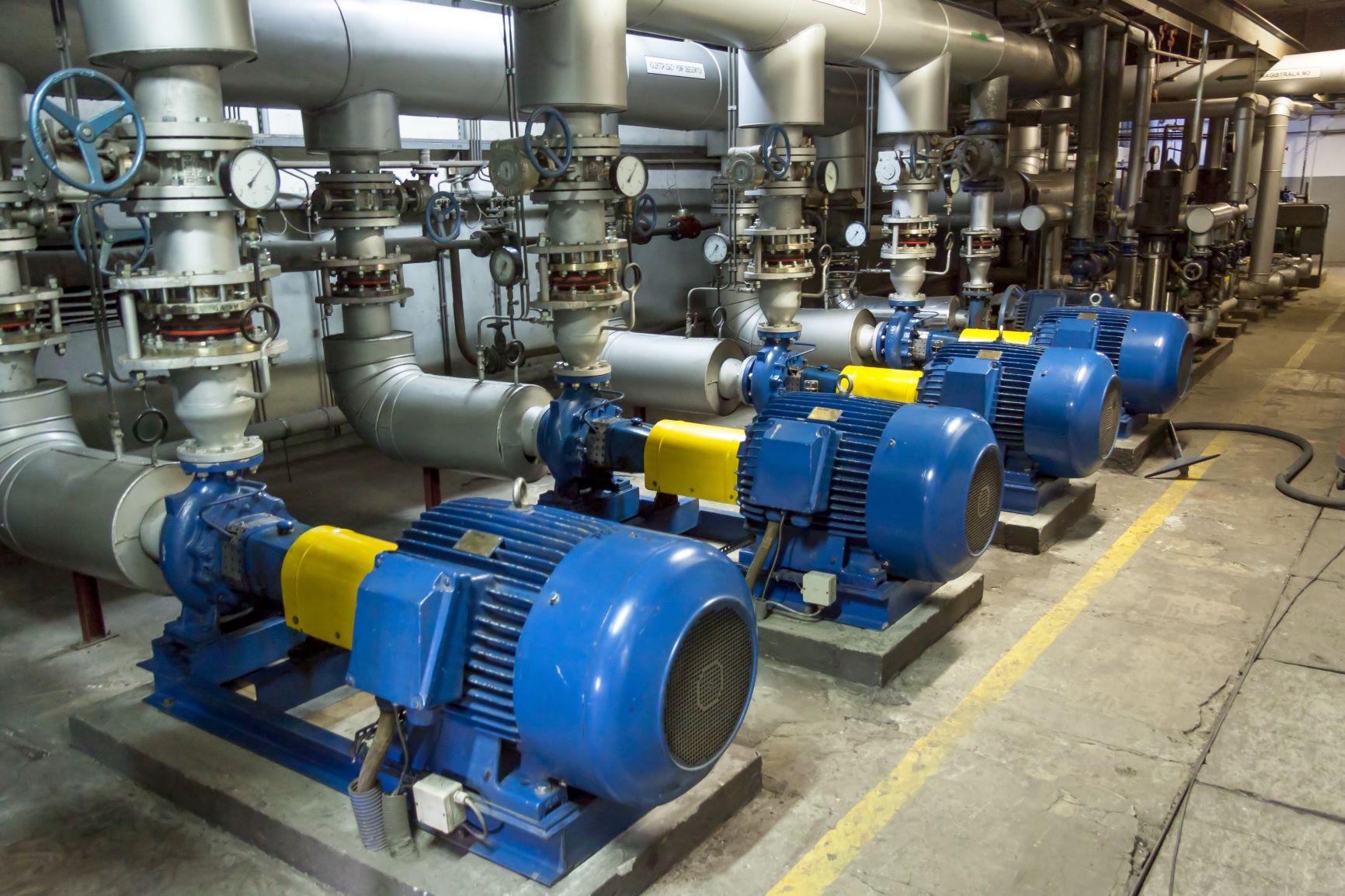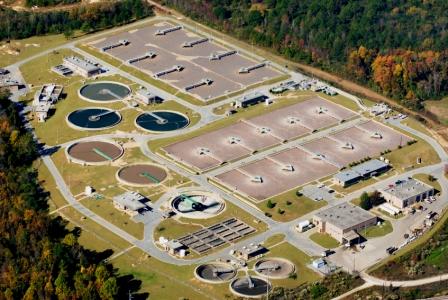Increasing Wastewater Pump System Efficiency!
Efficient wastewater pump systems can not only
bring down the energy cost of wastewater treatment but also can reduce maintenance
cost significantly. Pumps are an essential component of
wastewater treatment plants as they are needed at many application points such
as at the pumping station to collect and deliver wastewater to the plant; at
the headwork to provide a hydraulic head for the subsequent treatment
processes and within the plant to convey inflow and outflows from various unit
processes. As a result, pumping operation is a significant energy consumer at
wastewater treatment plants (WWTPs) and in many cases, is second to aeration. In
addition, if the pumping system is inefficient that really add to the operation
and maintenance cost.

Inefficiencies in wastewater pump can often come from the following:
- A mismatch between the pump and the system it serves.
- Improper pump selection
- Sudden Changes in operating conditions.
- Expectation that the pump will operate over a wide range of conditions.
- A pump system with no means of measuring flow, pressure, or power consumption
On the other hand, a well designed efficient pumping system offers so many benefits including:
- Reduction in energy usage and utility cost
- Reduction in operation and maintenance cost
- Reduction in maintenance requirements
- Reduction in overall lifecycle cost
It is suggested by various expert group that by
improving pump system efficiency, the energy saving will vary – but 15% to 30%
is typical (Focus on Energy, 2006).
Energy Reduction and Recovery in Wastewater Treatment Plants!
Towards Energy Neutral/Energy Positive Status - Online Course!
How to Increase the Wastewater Pump System Efficiency:
There can be two approaches adopted to increase the wastewater pump system efficiency – improve the efficiency of the existing system and if that is feasible then design and implement a completely new system.
The Energy Efficiency Best Practice Guide for Pumping Systems by sustainability Victoria (2009) has suggested the following intermediate steps to implement these two options: -
Improve the efficiency of the existing system:
Step 1 Assess & analyze the overall existing system
Step 2 Prioritize opportunities to improve
Step 3 Reduce unnecessary demand if feasible
Step 4 Review the pumps (oversize/under size etc.)
Step 5 Review flow rate control mechanisms
Step 6 Optimize piping configurations
Step 7 Review the motor
Design a new system:
Step 1 Assess production requirements and minimize needs if feasible
Step 2 Design with whole -systems optimization in mind
Step 3 Design efficient pump stations
Step 4 Select efficient pumping components
Step 5 Review and Improve your design if possible
Design Considerations for Efficient Pumping Systems:
In order to increase the efficiency of a pumping system the following points should be considered-
- While designing a pumping system its applicability and suitability in the overall system should be considered.
- Whenever possible the overall pumping demand should be reduced by optimizing the whole plant design.
- Whenever possible piping and system leak should be reduced.
- Adopt variable speed drive whenever possible as a flow control technology as it contributes to reduce energy demand significantly.
- Ensure to design for high efficiency pumps with high efficiency motors.
- Ensure that pump operates close to its Best Efficiency Points (it is the flow rate and head that gives the maximum efficiency on a pump curve, EPA, 2010).
- A maintenance schedule should be in place and followed periodically.
- A pump system with overall easy maintenance should be adopted.
Know More about Wastewater Pump System Efficiency Here!
Go back to the EcoAmbassador Home!
Total Visits to Site:
